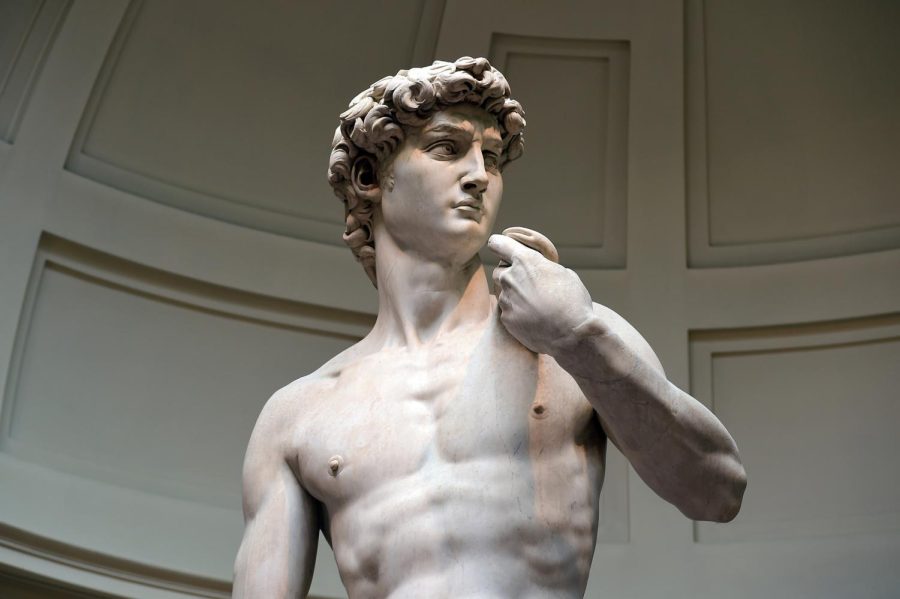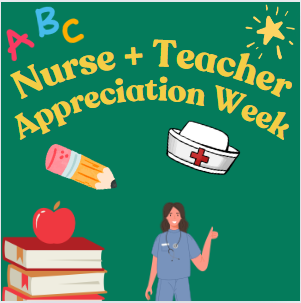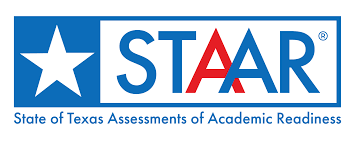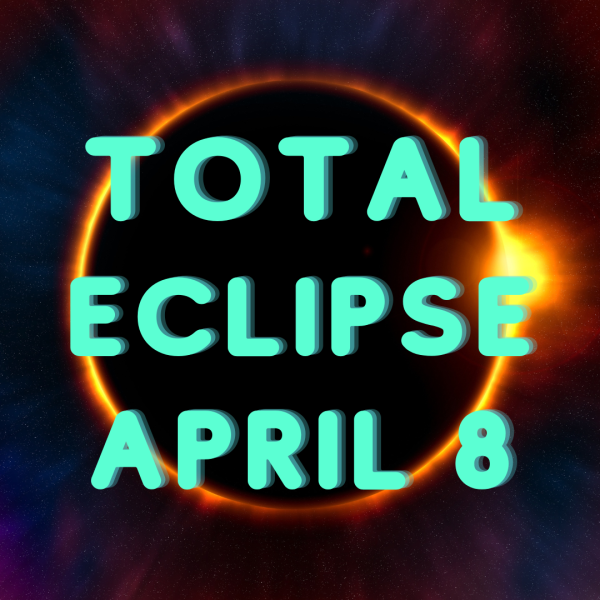Florida Says Renaissance Art Is “Inappropriate” For Schools
March 31, 2023
This just in: Renaissance era art is too inappropriate for middle schoolers. As many are now aware, the principal of Tallahassee Charter School in Florida was fired for including photos of Michelangelo’s David statue in a classical art appreciation lesson. The internet may have gotten its justice through higher visitation rates and more attention to classical art in general, but there is a larger problem that art appreciation alone cannot solve. The firing took place after the complaints of three parents. Three parents in a school population of around four hundred would ordinarily not have this much of an impact. So, what’s going on?
Florida’s government has been pushing for “parental rights” all this year, implementing controversial measures to establish this norm. Before the statue, there were the changes to the AP African American Studies’ courses which Florida took credit for while the college board denied political pressure. Florida has since passed the “Stop WOKE Act” to regulate discussions of race in the classroom, putting teachers who want to use the AP African American Studies course in an uncomfortable position. Before that, there was a bill banning pornographic or inappropriate material on classroom shelves while vaguely defining such material. A provision that calls for any books under review to be pulled from shelves was later added, and it’s getting easier for individuals to remove books from school libraries one at a time.
While what happened in Tallahassee Charter School was not a state-wide policy change, it exemplifies exactly how these policy changes can be harmful. A smaller number of people are gaining the ability to make changes for the public. It doesn’t matter that Michelangelo’s David wasn’t pornography or that it depicted a Biblical figure. Parents took offense and were validated. While parents should have a say in what their children are learning, that right ends with their own children. When it starts to affect other people’s children, lines start to blur. Censorship is dangerous, and access to unbiased information is essential to forming educated opinions and views. Without that information it’s easy to fall prey to all sorts of schemes with far worse consequences than not seeing a statue.











